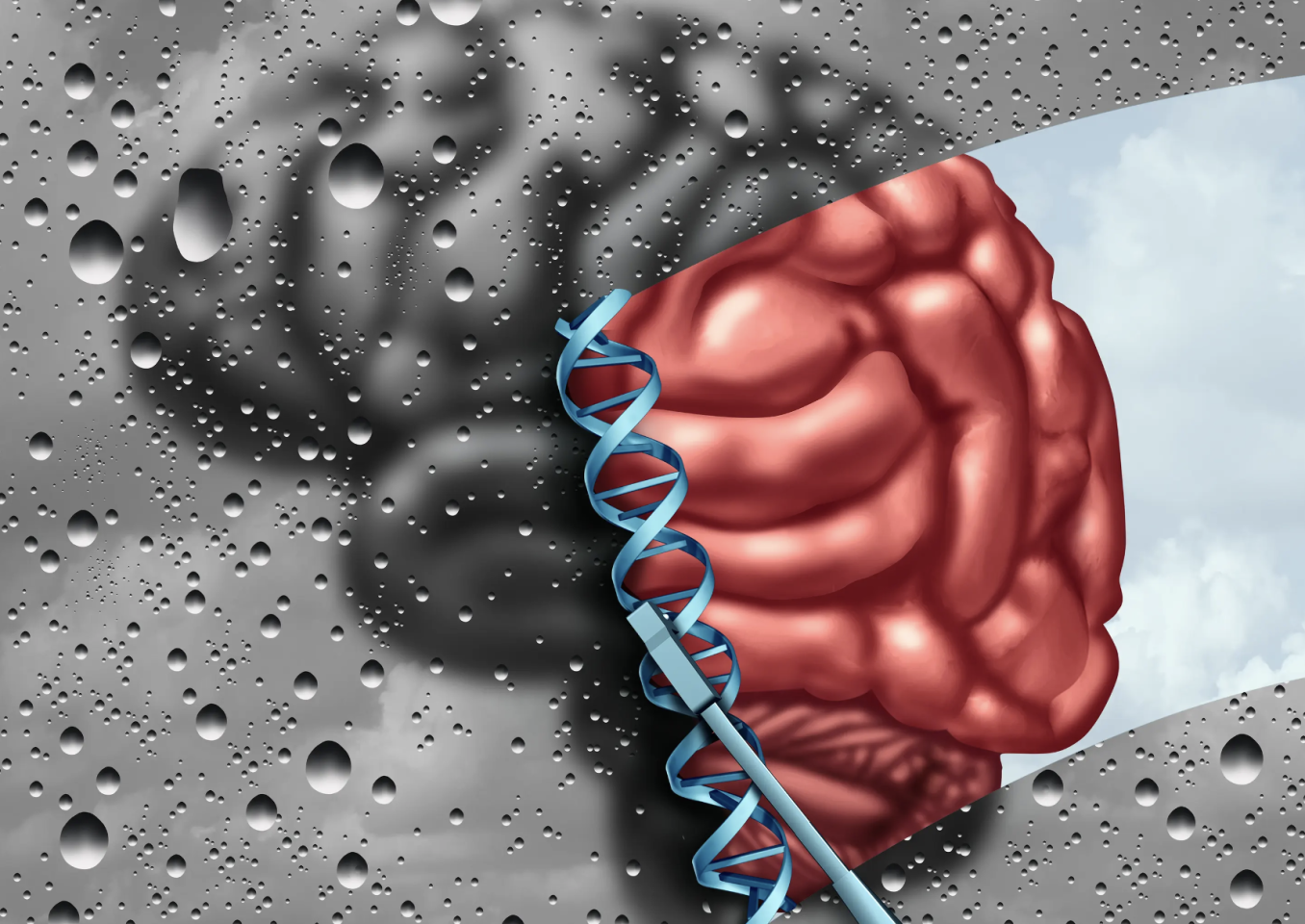Ultra-thin, high-res sensor records single-neuron activity deep in the brain
Researchers have used a novel manufacturing technique to create a minimally invasive, customizable sensor that can wirelessly record deep brain activity down to a resolution of one or two neurons. The device has potential applications in a wide range o… Continue reading Ultra-thin, high-res sensor records single-neuron activity deep in the brain

